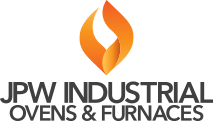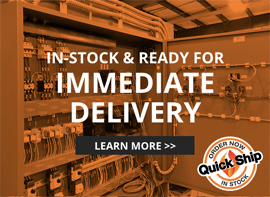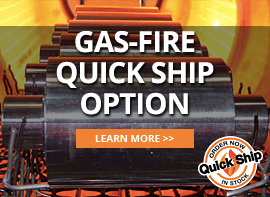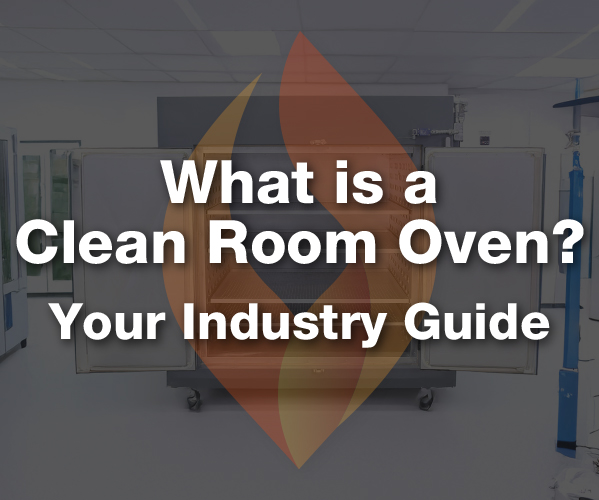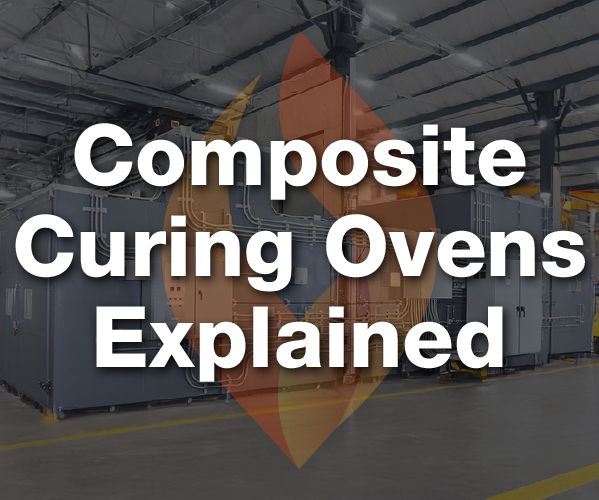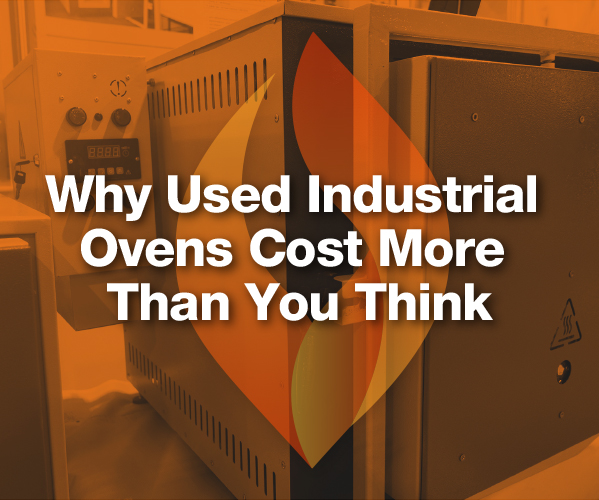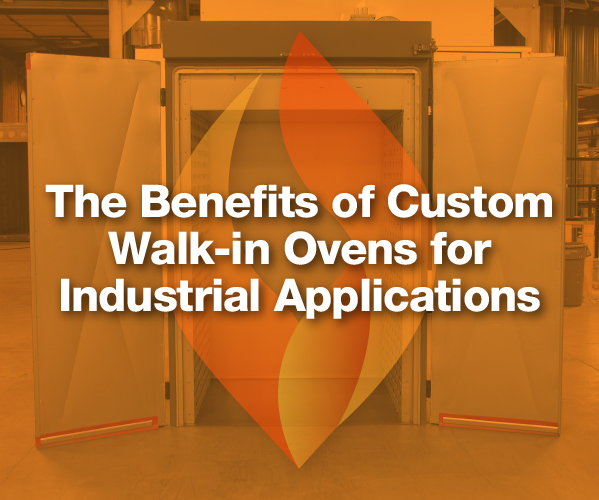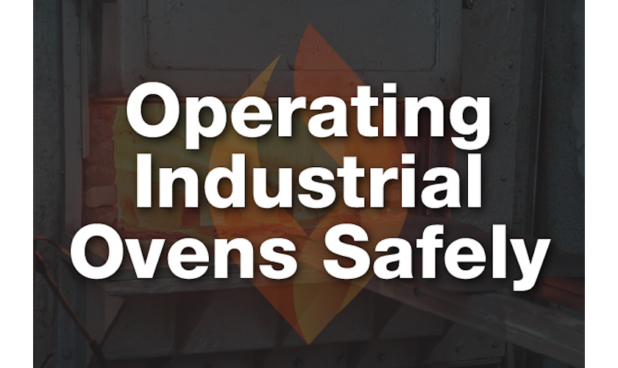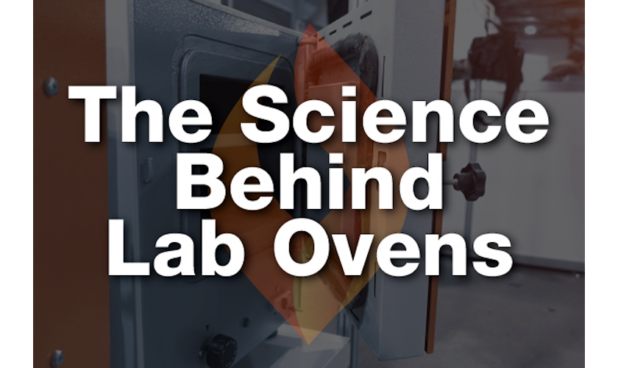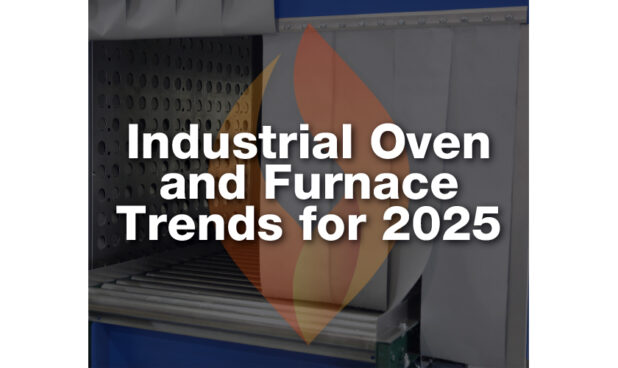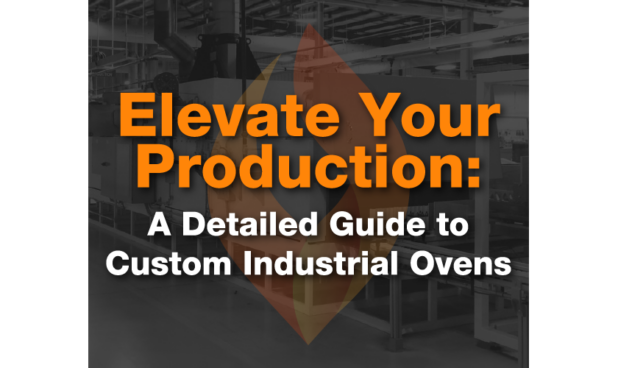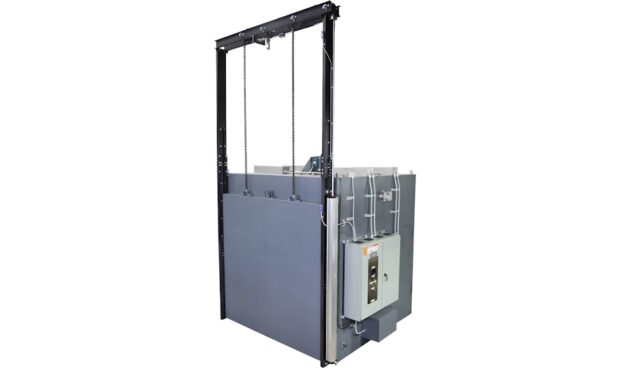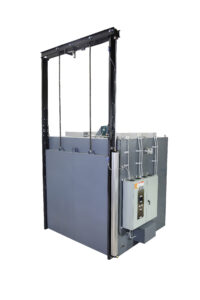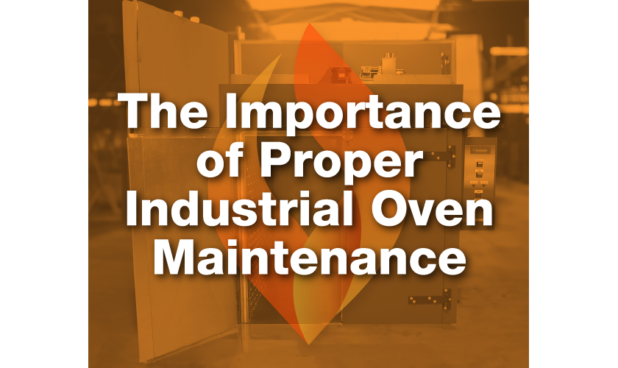In advanced manufacturing and research environments, precision and accuracy are more than just objectives—they are essential requirements. Even the smallest particle of dust or a slight temperature fluctuation can compromise an entire production batch, leading to significant financial loss and product failure. This is where specialized equipment, such as clean room ovens, proves highly valuable.
A clean room oven is a specialized oven designed for use in clean room environments where maintaining a sterile, contaminant-free atmosphere is critical. These ovens are constructed with high-quality materials like stainless steel and include features such as HEPA filtration, sealed insulation, and particle-free components to prevent contamination. They’re commonly used in industries like pharmaceuticals, electronics, and medical device manufacturing to sterilize equipment, cure chemicals, or dry parts without introducing particulates.
Understanding the role and function of a clean room oven is crucial for industries where quality control is paramount. This guide will explore what these ovens are, the industries that rely on them, and how choosing the right equipment can make all the difference in achieving flawless results.
What Defines a Clean Room Oven?
A standard industrial oven is built for durability and performance, but a clean room oven takes these principles a step further by incorporating features specifically designed for sterile environments. The goal is to minimize particle generation and maintain the purity of the air inside and around the oven.
Key features that distinguish a clean room oven include:
- HEPA Filtration: High-Efficiency Particulate Air (HEPA) filters are a cornerstone of clean room technology. These filters are integrated into the oven’s circulation system to capture at least 99.97% of airborne particles as small as 0.3 microns. This ensures that the air circulating within the oven chamber is exceptionally clean.
- Laminar Airflow: Many clean room ovens use a laminar or unidirectional airflow pattern. This means air moves in a single, consistent direction—either horizontally or vertically—at a uniform speed. This controlled flow pushes any potential contaminants out of the chamber, preventing them from settling on the product.
- Heavy-Duty, Non-Particle-Shedding Construction: The materials used to build a clean room oven are carefully selected to prevent contamination. The interior is typically made of non-porous, corrosion-resistant stainless steel, which is easy to clean and does not shed particles. All seams are fully welded and ground smooth to eliminate crevices where contaminants could accumulate. This heavy-duty construction ensures longevity and consistent performance.
- Pressure Control: Clean room ovens are often designed to maintain a specific air pressure relative to the surrounding room. A positive pressure environment ensures that if any leak occurs, clean air flows out of the oven rather than contaminated air flowing in.
Industries That Rely on Clean Room Ovens
The demand for sterile manufacturing environments spans several high-tech industries. The global market for clean room technology is projected to reach over $11 billion by 2030, a clear indicator of its growing importance. The precision offered by clean room ovens is critical for the following sectors:
Medical Device Manufacturing
From pacemakers and surgical implants to catheters and diagnostic tools, medical devices must be completely sterile to prevent infections and ensure patient safety. Clean room ovens are used for a variety of applications in this field, including:
- Sterilization: High temperatures are used to kill microorganisms on instruments and device components.
- Curing Adhesives: Many medical devices are assembled using specialized adhesives that must be cured at precise temperatures in a particle-free environment.
- Drying Components: Removing moisture from components after cleaning is crucial to prevent contamination and ensure proper function.
Pharmaceutical Production
In the pharmaceutical industry, even microscopic contaminants can alter the chemical composition of a drug, rendering it ineffective or harmful. Clean room ovens are essential for:
- Depyrogenation: This process uses high heat to destroy pyrogens, which are fever-inducing substances often found in bacteria.
- Granulation Drying: Drying granulated materials used in tablets and capsules requires uniform heating in a controlled environment.
- Sterilizing Glassware and Equipment: Ensuring all laboratory equipment is sterile before use is a fundamental part of pharmaceutical quality control.
Electronics and Manufacturing
The intricate circuits found in microchips and other electronic components are incredibly sensitive to dust and other particles. A single speck of dust can cause a short circuit, ruining the component. Industrial ovens designed for clean rooms are used for:
- Wafer Baking: Silicon wafers are baked at various stages of the manufacturing process to prepare them for photolithography and other steps.
- Curing Epoxies and Polymers: Adhesives and protective coatings used in electronic assemblies are cured in clean room ovens to ensure a strong, reliable bond without contamination.
- Moisture Removal: Removing residual moisture from components is critical to prevent defects and ensure long-term reliability.
Aerospace and Defense
Components used in satellites, aircraft, and defense systems must meet exacting standards for performance and reliability. Failure is not an option when missions and lives are at stake. Clean room ovens support this industry by:
- Curing Composite Materials: High-strength, lightweight composites are cured under precise temperature and pressure conditions.
- Annealing Metals: This heat treatment process alters the microstructure of metals to improve their ductility and reduce hardness.
- Aging Electronics: Components are heat-treated to test their durability and ensure they can withstand the extreme conditions of space or high-altitude flight.
Let JPW Build Your Next Industrial Oven
Selecting the right clean room oven is a critical decision that directly impacts product quality, operational efficiency, and regulatory compliance. At JPW Industrial Ovens, we understand the unique challenges and stringent requirements of industries that operate in controlled environments.
With years of experience and a commitment to engineering excellence, we specialize in designing and manufacturing custom industrial ovens that meet your exact specifications. Our team works closely with you to understand your process, from temperature uniformity requirements to clean room classification standards. We build ovens with heavy-duty construction and high-quality materials to ensure reliable performance and a long service life.
Whether you need a small benchtop unit for a laboratory or a large walk-in oven for full-scale production, JPW has the expertise to deliver a solution that integrates seamlessly into your workflow. We pride ourselves on our problem-solving approach and our dedication to customer satisfaction.
Don’t let contamination compromise your product. Contact our team today to discuss your clean room oven needs and find out how we can help you achieve the highest standards of quality and purity.
